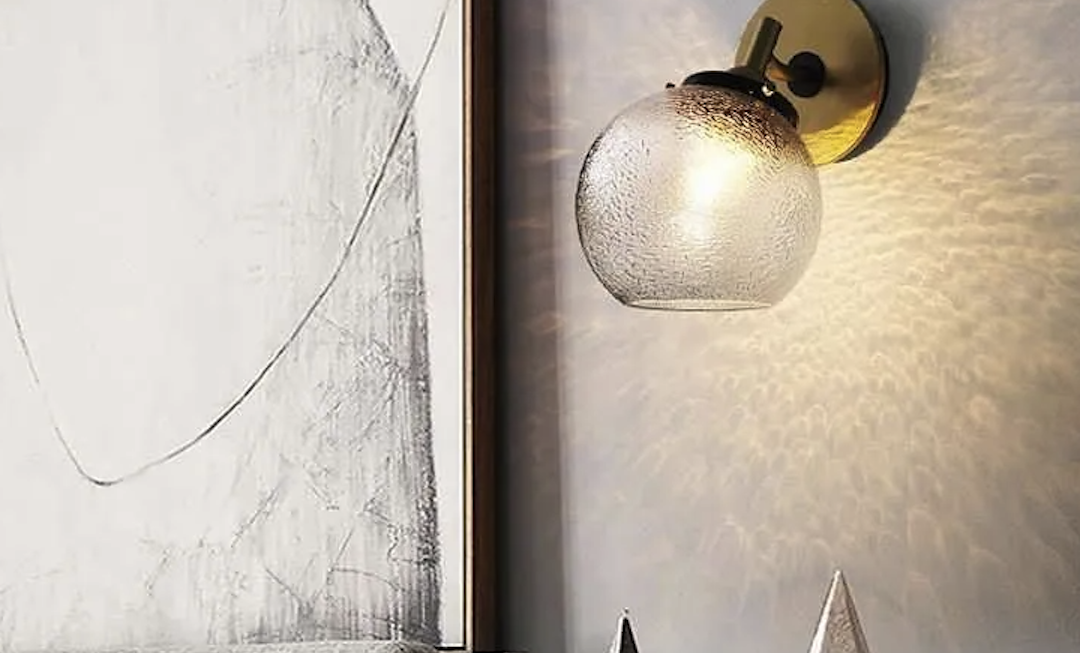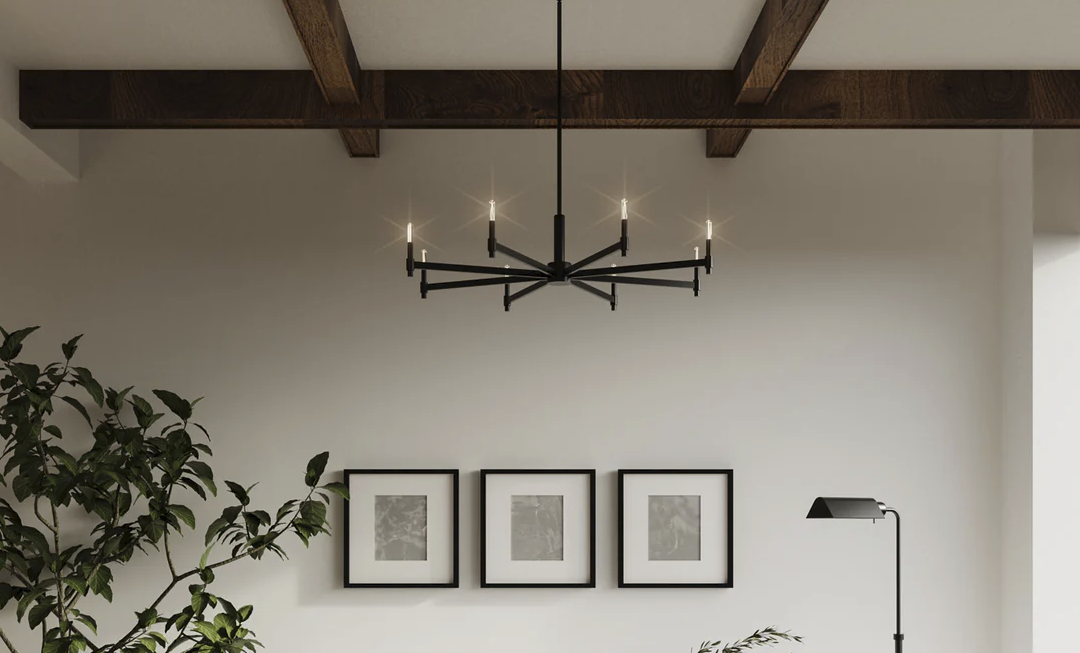Introduction
The kitchen is often the heart of the home and serves many purposes, from cooking and dining to entertaining guests. As such, it’s essential to have proper lighting that not only illuminates your cooking space but also enhances the atmosphere and aesthetic. This is where suspended kitchen lights come in, a versatile and stylish lighting solution that adds elegance and functionality to any kitchen design.
What are Suspended Kitchen Lights?
Suspended kitchen lights, also known as pendant lights or hanging lights, are a type of lighting fixture that hangs or suspends from the ceiling. They come in different shapes, sizes, materials, and styles, making them a popular choice for modern and traditional kitchen designs. These lights are typically made up of three main parts: the canopy, the cord, and the shade. The canopy attaches to the ceiling, while the cord supports the shade, which encloses the light bulb.
Benefits of Suspended Kitchen Lights
There are many benefits to using suspended kitchen lights in your home. Firstly, they add visual appeal and style to your kitchen design. Pendant lights come in many different shapes, sizes, and materials, so there’s bound to be a style that complements your kitchen’s aesthetic. Suspended kitchen lights also provide task lighting, which is essential when cooking or preparing food. Additionally, pendant lights create a warm, inviting atmosphere that’s perfect for entertaining guests.
Choosing the Right Style of Suspended Kitchen Lights
With so many styles of pendant lights available, it can be challenging to decide which one is right for your kitchen. Here are some factors to consider when choosing the right style of suspended kitchen lights:
1. Kitchen Layout
The size and layout of your kitchen will determine the number and placement of pendant lights needed. A large kitchen may need multiple lights, while a smaller kitchen may only require one or two.
2. Aesthetic and Design
Select pendant lights that complement your kitchen’s aesthetic and design. For example, if you have a farmhouse-style kitchen, opting for a metal pendant light with a rustic finish would be a great choice.
3. Functionality
Consider the type of lighting you need in your kitchen. If you do a lot of cooking or work at the kitchen island, then task lighting with brighter bulbs may be necessary.
4. Materials
Pendant lights come in many different materials—such as glass, metal, and fabric—and choosing the right one can make all the difference. For example, a glass pendant light provides a sleek, modern look, while a fabric pendant is perfect for creating a cozy, intimate atmosphere.
Installation of Suspended Kitchen Lights
Installing suspended kitchen lights is typically a straightforward process, but it’s essential to follow safety precautions and manufacturer instructions. Here are the basic steps:
1. Shut off Power
Before beginning any work, it’s crucial to turn off the power source to avoid electrical hazards.
2. Install Ceiling Mounting Hardware
Install the ceiling mounting hardware as per the manufacturer instructions.
3. Attach the Canopy and Cord
Attach the canopy and cord to the mounting hardware, ensuring they are securely fastened.
4. Attach Light Bulb and Shade
Once the canopy and cord are in place, attach the light bulb and shade, making sure everything is firmly in place.
Cleaning and Maintenance of Suspended Kitchen Lights
Proper cleaning and maintenance are essential to ensure the longevity of suspended kitchen lights. Here are some tips:
1. Regular Dusting
Dust your pendant lights regularly, using a soft cotton cloth.
2. Wipe Down Shades and Glass
Clean your shades and glass fixtures with a gentle cleaner and a soft cloth. Avoid using abrasive or harsh chemicals.
3. Check Wiring Connections
Check the wiring connections once a year to make sure they are secure and in good condition.




